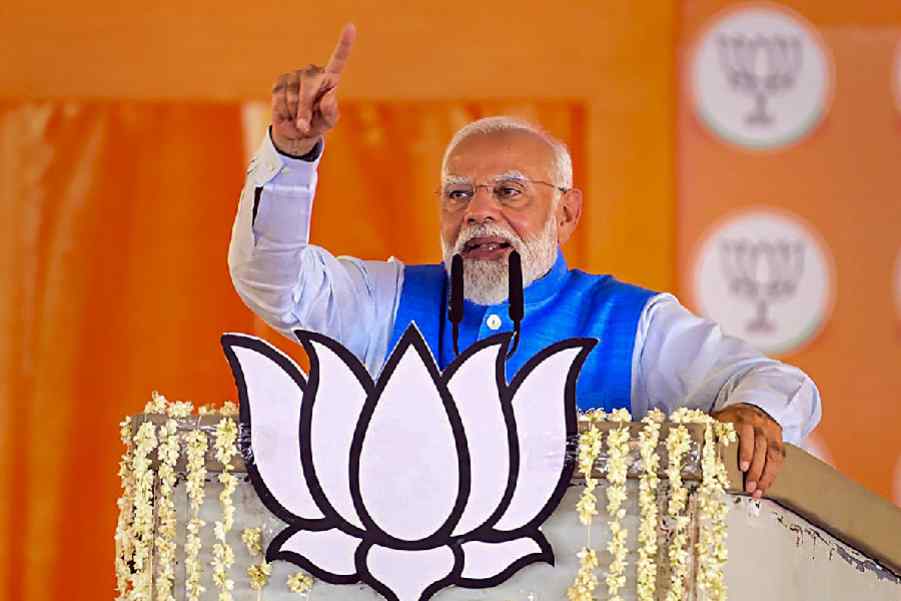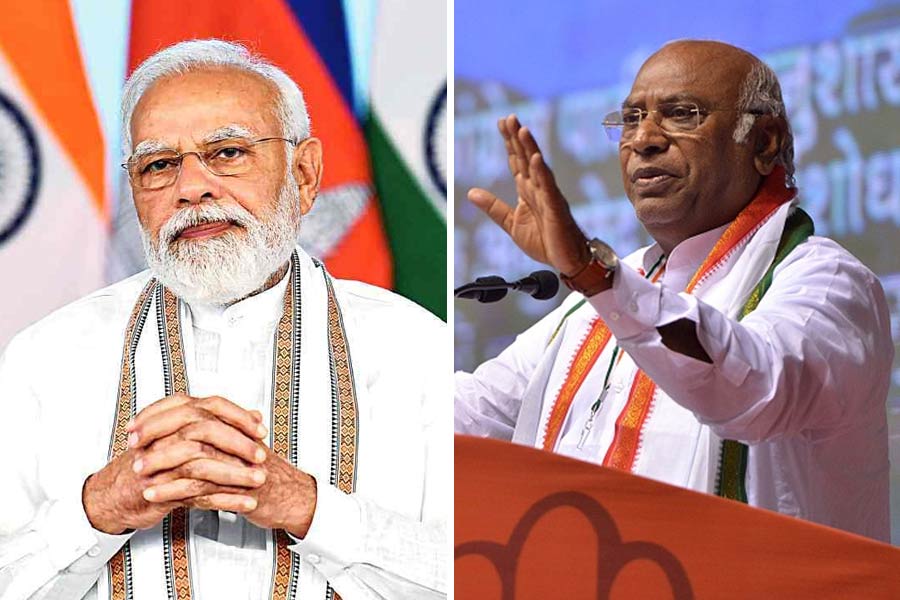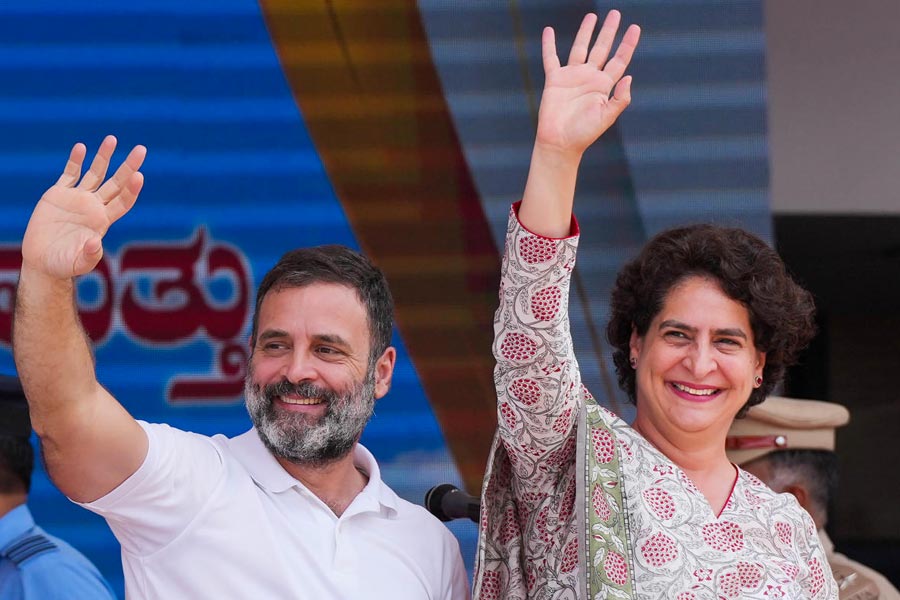RBI deputy governor Viral Acharya on Friday made a strong pitch for the independence of a central bank when he warned that governments that do not allow autonomy will incur the wrath of financial markets and ignite economic fire.
These strong words from the deputy governor come at a time when North Block wants Mint Street to have a re-look at some of the restrictions imposed on weak banks. The Centre is also in favour of creating an independent regulator for payment systems, while the RBI wants such a regulator to be under its purview.
Acharya was speaking at the AD Shroff Memorial Lecture in Mumbai on Friday.
On the ‘Importance of Independent Regulatory Institutions — The Case of the Central Bank’, he gave the example of Argentina in 2010 where the then government’s move to transfer $6.6 billion of the central bank reserves to the national treasury (which was opposed by its central bank), led to one of the worst constitutional crisis in the country and a grave assessment of its sovereign risk.
He pointed out that globally, the central bank is set up as an institution separate from the government and that it is not a department of the executive function of the government.
Drawing a cricketing analogy, he said the government’s horizon of decision-making was short, like that of a T20 match. As polls approach, delivering on its manifesto acquires urgency and where their manifestos cannot be implemented, populist alternatives are taken.
However, central banks play a test match, “trying to win each session but also survive it so as to have a chance to win the next session, and so on… Central bankers have horizons of decision making that tend to be longer’’.
Acharya warned that if any government is successful in undermining the importance of the central bank, it is unlikely to attract or able to retain the brightest minds that want to debate freely and bring in change.
Moreover, when the government is often seen making efforts to dilute the central bank’s policies and coercing the latter into such dilutions, banks and private sector spend more time lobbying for policies that suit them individually, at the cost of “collective good’’.










